BEIRUT, Lebanon, Jan 26, (V7N) – The Lebanese army has accused Israel of delaying its withdrawal from southern Lebanon, a key requirement under the ongoing Israel-Hezbollah ceasefire agreement, as the deadline for the pullout approaches on Sunday.
The truce, which came into effect on November 27, stipulates that the Lebanese army, alongside United Nations peacekeepers, will deploy in southern Lebanon while Israel withdraws over a 60-day period. Simultaneously, Hezbollah is required to retreat north of the Litani River and dismantle military infrastructure in the region.
"There has been a delay at a number of stages as a result of the procrastination in the withdrawal from the Israeli enemy's side," the Lebanese army said in a statement, emphasizing its readiness to deploy once the withdrawal is complete.
Israeli Prime Minister Benjamin Netanyahu's office responded on Friday, stating that the withdrawal would extend beyond the deadline, citing incomplete compliance by Lebanon with the ceasefire terms. "The withdrawal process is conditional upon the Lebanese army deploying in southern Lebanon and fully and effectively enforcing the agreement, with Hezbollah withdrawing beyond the Litani River," the statement read.
The gradual withdrawal is reportedly being coordinated with the United States, with mediators from the US and France monitoring the implementation of the truce.
Concerns Over Stability
Lebanese President Joseph Aoun urged Israel to respect the agreed-upon deadlines to maintain stability in the south. In a recent call with French President Emmanuel Macron, Aoun stressed the need to ensure compliance with the ceasefire to prevent further escalations.
UN Secretary-General Antonio Guterres previously called for an end to Israel’s “occupation” of southern Lebanon and emphasized the importance of adhering to the truce’s terms. However, UN peacekeepers have reported over 100 weapons caches in the region linked to Hezbollah and other armed groups, raising concerns about long-term stability.
Warnings and Tensions
The Lebanese army has advised civilians against returning to southern border areas due to the presence of landmines and unexploded ordnance left by Israeli forces. Displaced residents also reported receiving warnings from purported Israeli military sources against returning to their homes.
Hezbollah, which engaged in sporadic cross-border skirmishes with Israel following Hamas’s October 7, 2023 attack, has warned that any failure to meet the Sunday deadline would constitute a “flagrant violation” of Lebanese sovereignty. The group called on the Lebanese state to use “all means necessary” to reclaim its territory.
Meanwhile, Israeli forces are reported to have completed their withdrawal from the western sector of southern Lebanon earlier this month, but delays persist in the eastern and middle sectors.
Ceasefire Oversight
A committee comprising delegates from Israel, Lebanon, France, the US, and the United Nations peacekeeping force UNIFIL is overseeing the implementation of the ceasefire. Both sides have accused each other of violations, with UNIFIL documenting Israeli infractions and the presence of armed Hezbollah groups.
As the deadline approaches, uncertainty looms over the ceasefire’s future, with both sides trading accusations and tensions running high in the volatile border region.
END/WD/RH/



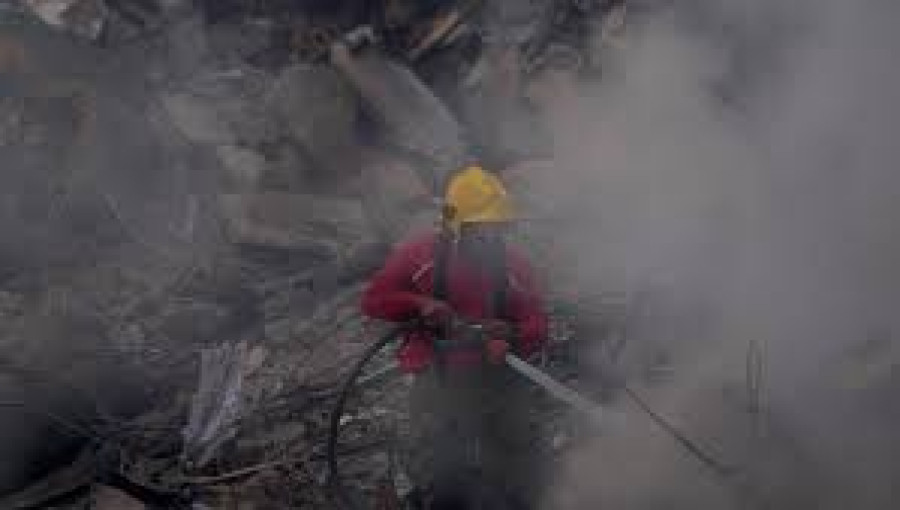
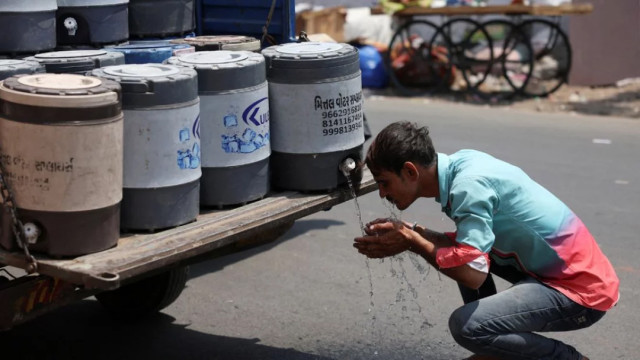
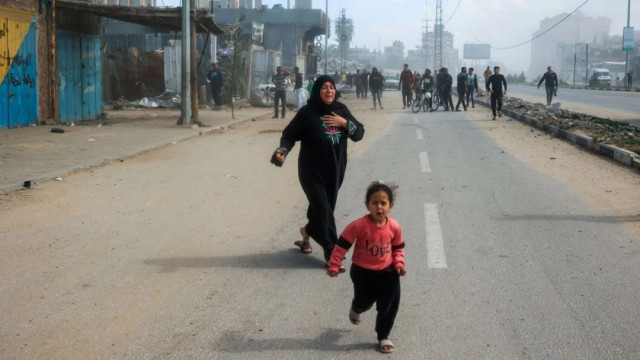
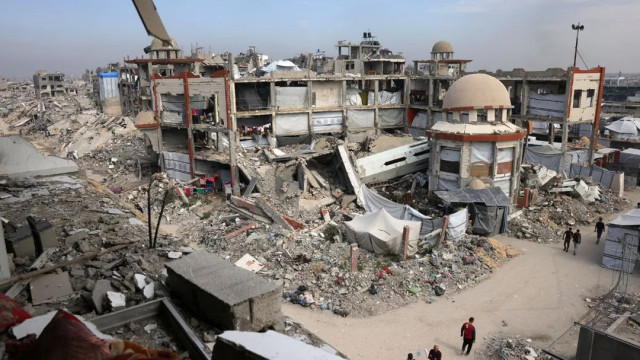
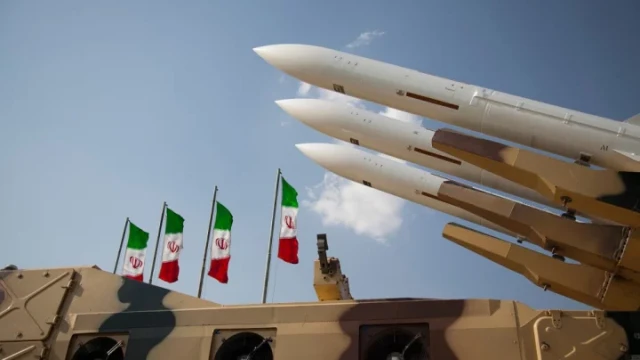

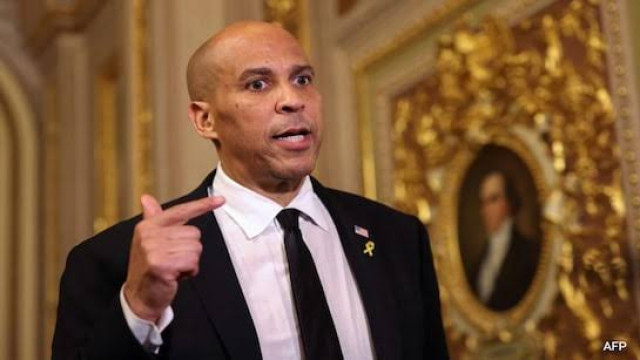
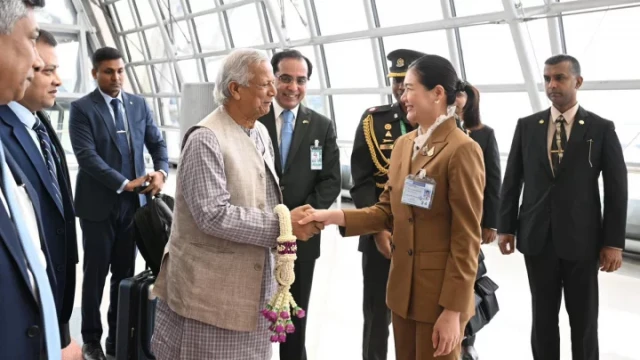

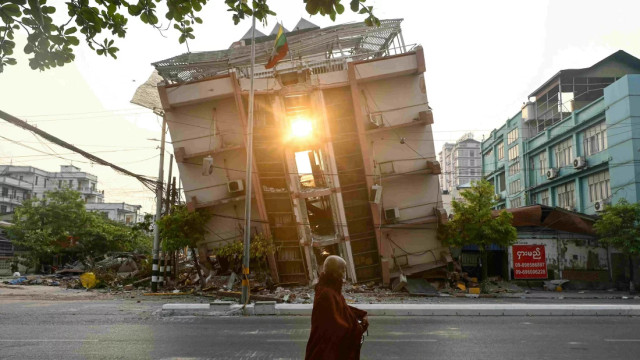









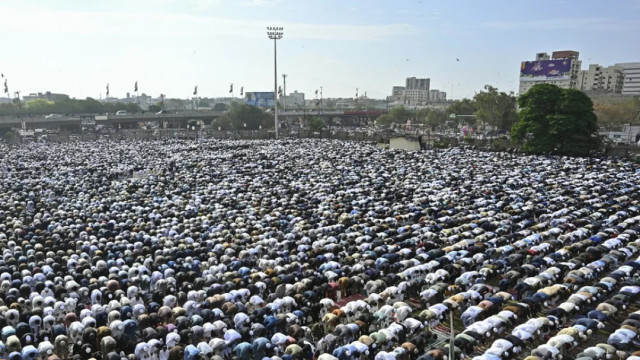


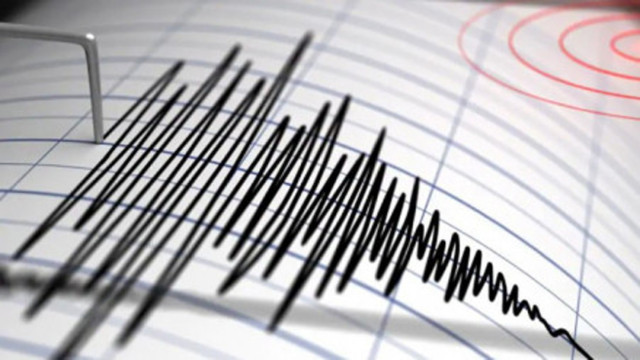


Comment: